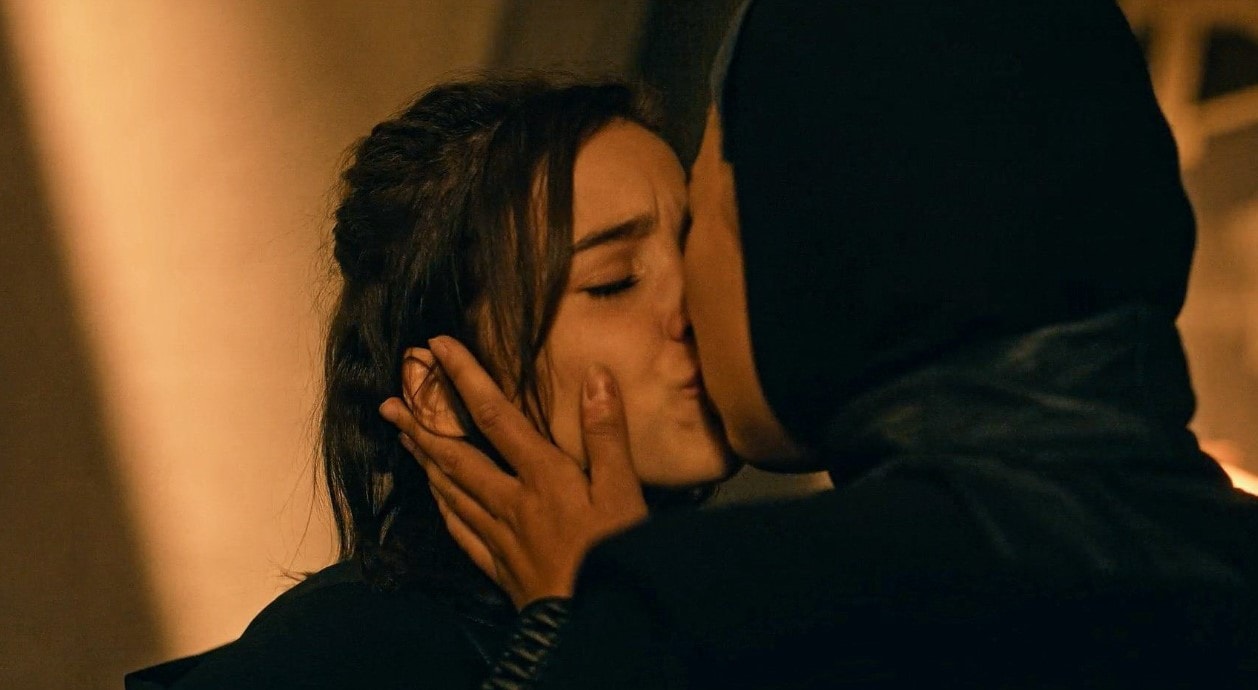
Queer women-led shows keep getting cancelled — why?
It’s no secret that Netflix and other streaming services have been on a cancellation train for a while now, and while the odd middling, reality TV show receives cancellation now and then, it’s not enough to disengage anyone from seeing a pattern. The majority of shows that get cancelled on streaming platforms are either queer, women-led or, if you’re feeling particularly daring, both.
In 2022 alone, women-led shows featuring queer protagonists have been cancelled left and right. Paper Girls, Gentleman Jack, First Kill, The Wilds, and just this week Warrior Nun also has been axed – despite the show being widely loved by critics, and being so well-loved by its audience that it received a 99% audience score. That’s no joke!
The reasoning behind a lot of these cancellations always seems to be the same thing: not enough people are watching. Whether that’s the case for all of these shows is ultimately speculation. First Kill, a YA vampire show, dominated Netflix’s Top 10 for more than a couple of weeks, and while Warrior Nun quickly dropped off said list, it crawled back on soon enough at No.5. With such strong followings, the only question left is: why are all of these queer and women-led shows being cancelled?
The answer seems rather obvious: misogyny and a clear aversion to queer women in leading roles. Despite LGBTQ+ characters becoming much more prominent in the media, whether that be in video games, comics, and films, there is still a shocking amount of TV shows focused on queer women that are unable to make it past a single season. In GLAAD’s 2021-2022 Where We Are on TV report that “358 LGBTQ characters counted on streaming, 86 of them (24 percent) at time of publication will not be returning in next year’s report due to announced series finales, cancellations, or characters which have either died or been otherwise written off.” The report took data from the period between June 1 2021 and May 31 2022. Since then, more than a handful of LGBTQ+ shows on streaming services have been axed.
What is so worrying about this trend of queer shows being cancelled is that it comes off the back of streaming services like HBO Max and Netflix going through some serious changes. It was only back in April this year that Netflix was at an all-time low: losing subscribers, letting employees go back-to-back, and their share price was faced a record decline. Back in October it was revealed that Netflix is ‘back to growing’ with its number of subscribers on the rise, and has no doubt since continued to grow thanks to big-hits like Stranger Things and Wednesday. Both of these shows have been a major hit, with Stranger Things breaking records with each season, and Wednesday focusing on a character that comes from a well-known and well-loved piece of media, The Addams Family. That is to say, they are both shows coming from prestigious beginnings, and not the scrappy underdog that is the majority of queer media on streaming services.
My point is this: for creators to seemingly succeed on a streaming model, you need to have blockbuster numbers and that leaves marginalized stories very little room or chance to prove themselves when going up against giants. They have, effectively, been left in the dust with so little breathing room that is it any wonder that these shows just don’t go past the first season or are affectively lost to time if the show is ever taken off the service by the corporation in the first place? Because that will, eventually, happen. HBO Max is removing shows and films that will be lost to the ether, a fact that has once more led to the discussion of whether its ethical pirate shows just so it isn’t gone forever.
There may be more LGBTQ+ characters in TV and film than ever, but what good does it do for us if our stories are incomplete and never given the chance to fruition, lost in the tidal wave of big names and franchises like Star Wars and Marvel – all of which have very little to no interest in showing our stories in fear of the loss of money? Where do we, as queer individuals who yearn for our stories to be told, go from here, and should we only expect cis, white, gay media to ever be the one thing that’ll succeed in this era of entertainment?
There’s no answer to be found here, only hesitance and an ever-growing dread that queer, women-led media is hanging on by a thread as the years go by.




